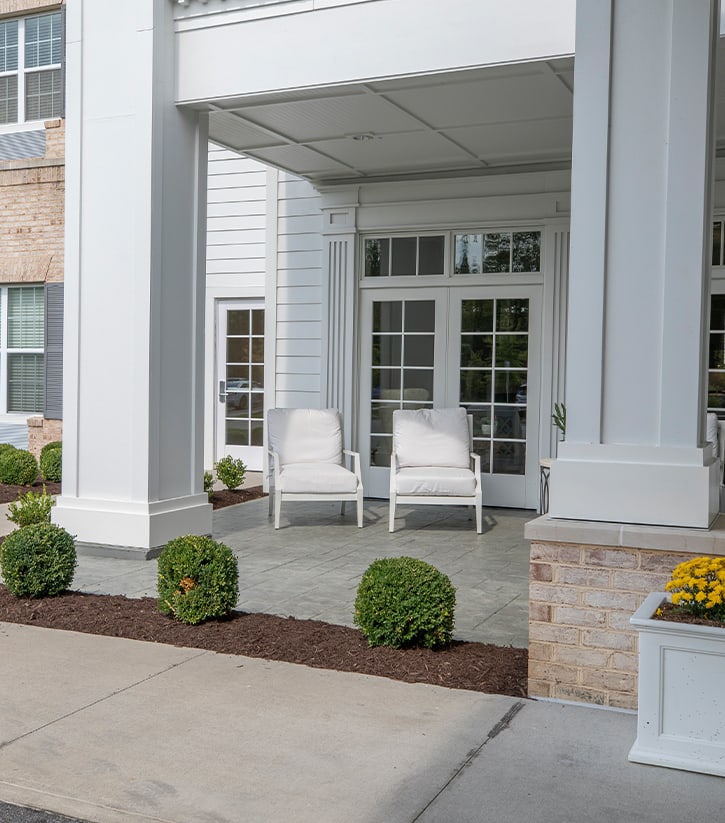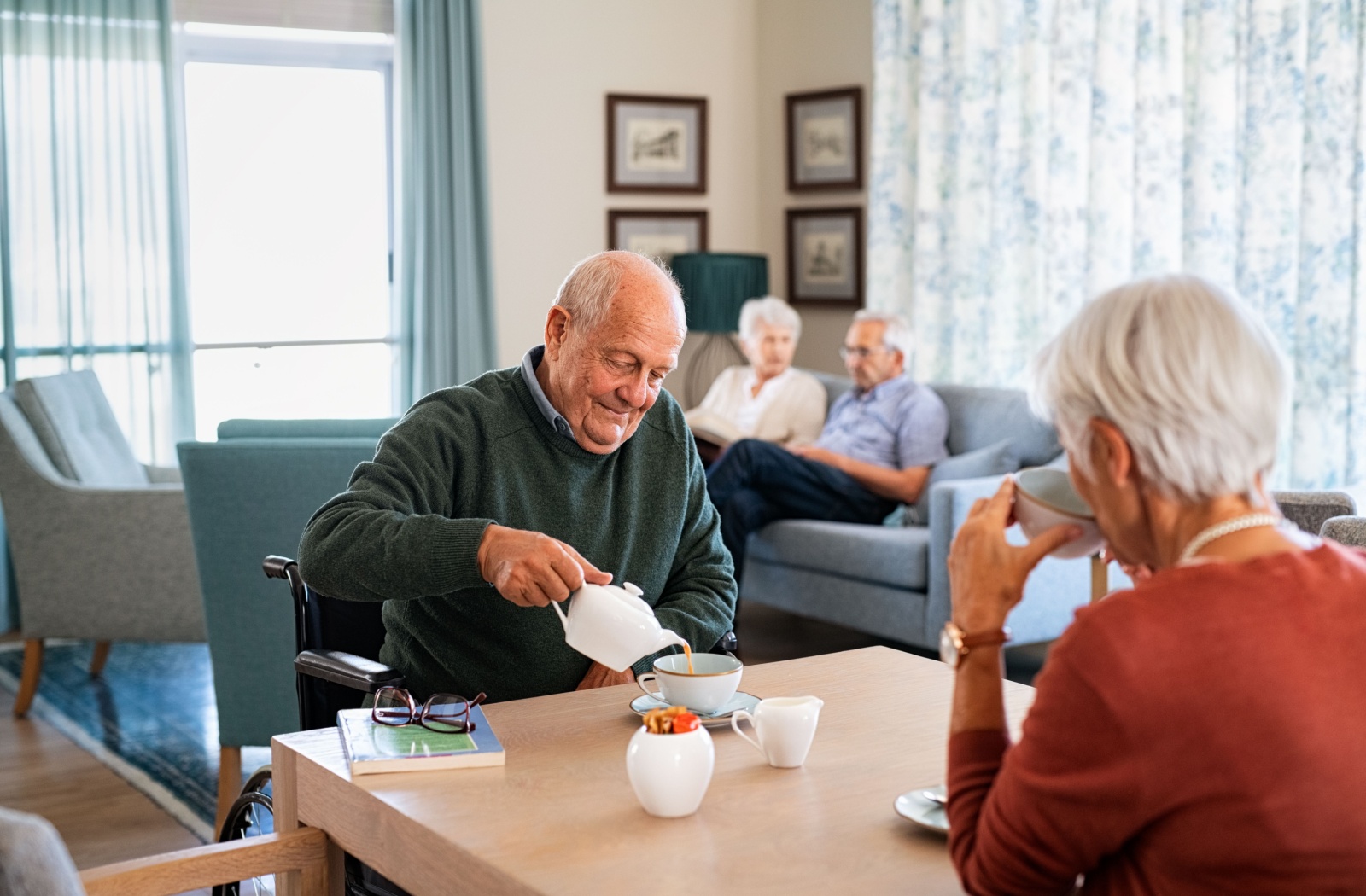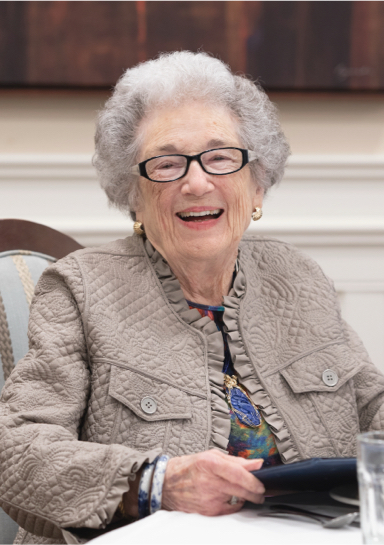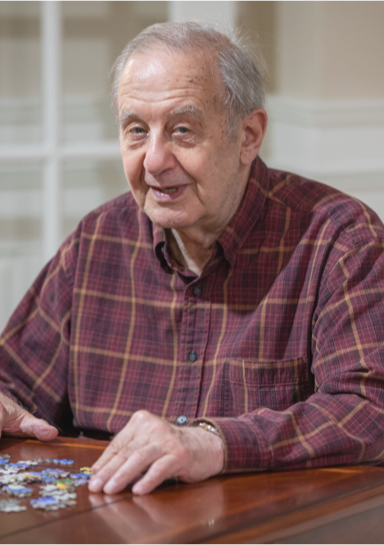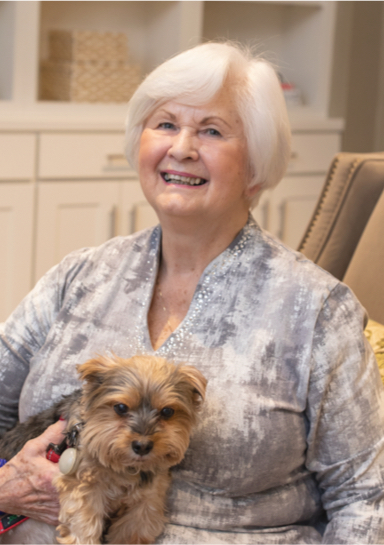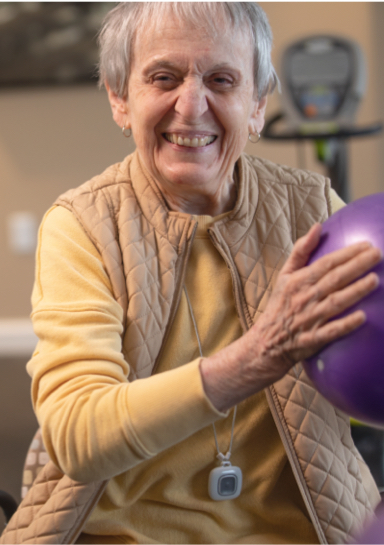When dementia enters your marriage, it can change everything you thought you knew about your relationship. You’re suddenly navigating a world where the person you married is still there, but the connection feels different, and your role keeps shifting in ways you never expected. Understanding how to help someone with dementia becomes part of your daily reality, and connecting with specialized memory care programs can provide the guidance you need.
Dementia impacts spouses through emotional grief, role changes, communication challenges, and personal well-being shifts, but with the right support and resources, you can find meaningful ways to maintain connection while caring for yourself.
Key Takeaways
- Spousal caregivers experience anticipatory grief and changing emotional connections
- Daily roles shift dramatically from partner to primary decision-maker and caregiver
- Communication becomes one-sided, requiring new ways to connect and understand
- Maintaining your own identity and social connections is important for your well-being
- Professional support and community resources, including memory care and respite care, can provide relief and guidance
Understanding the Emotional Impact on Spousal Relationships
Grief and Loss in Marriage
When your loved one has dementia, you can experience a unique type of grief called anticipatory grief. This means you’re mourning the person your spouse used to be while they’re still with you physically.
The dreams you shared together—retirement plans, future grandchildren, travel adventures—suddenly feel uncertain or impossible. You find yourself grieving not just who they were, but the relationship you had and the future you planned together. Managing and understanding that change can be key to maintaining your connection with your spouse and yourself.
Changes in Emotional Connection
The give-and-take of your relationship can look different with dementia. Your spouse might not respond to affection the same way, or conversations feel more one-sided than they used to.
Learning to recognize love in new forms becomes part of your journey. Maybe they smile when you enter the room, hold your hand during quiet moments, or find comfort in your presence even when words don’t come easily.
How Role Changes Affect Your Daily Life
From Partner to Primary Decision-Maker
Tasks that you once shared or divided between you may now fall on your shoulders alone. You may be managing finances, handling legal paperwork, and coordinating medical appointments that you never needed to think about before. This shift happens gradually for some couples and more suddenly for others.
Balancing Spouse and Caregiver Responsibilities
Some days, the caregiver role may feel more prominent, and you might worry about losing the romantic connection you once had. Finding small moments to connect as husband and wife—rather than caregiver and care recipient—becomes intentional, but important, work.
This might mean sharing a favorite song, looking through old photos, or simply sitting together quietly. Learning about caregiver stress management can also help you maintain perspective during difficult moments.
Managing Communication and Behavioral Changes
When Conversations Become One-Sided
The back-and-forth conversations you enjoyed might become more challenging. Your spouse may lose track of thoughts mid-sentence or repeat the same questions throughout the day.
You’re learning to read facial expressions, body language, and tone of voice in new ways. Sometimes a smile or gentle touch communicates more than words ever could. Our guide on communication strategies offers practical approaches for these situations.
Coping with Personality and Behavior Shifts
The person you married might seem different—perhaps more anxious, confused, or occasionally frustrated. These changes happen because of how dementia affects the brain, not because of anything you’ve done.
There may be moments when your spouse doesn’t recognize you, which can feel heartbreaking. Remember that these episodes don’t erase the love you’ve shared or the life you’ve built together.
Protecting Your Own Well-being and Identity

Avoiding Social Isolation
It’s easy to withdraw from social activities when caregiving takes up most of your time and energy. Your friends might not understand what you’re going through, making social connections feel more difficult.
Connecting with other spouses who are on similar journeys can provide understanding and practical advice. These relationships remind you that you’re not alone in this experience.
Preserving Your Sense of Self
You’re still an individual with your own interests, hobbies, and needs. Caregiving is part of your life now, but it doesn’t have to be your entire identity.
Taking breaks for activities you enjoy isn’t selfish—it’s necessary for your mental and physical health. When you care for yourself, you’re able to provide better care for your spouse.
- Making time for activities you enjoy
- Practicing self-compassion during difficult days
- Recognizing when you need respite care help
Finding Resources and Support for Your Journey
When to Consider Memory Care Options
There may come a time when providing care at home becomes too challenging for both of you. Recognizing this doesn’t mean you’re giving up—it means you’re making decisions based on what’s right for your situation.
Memory care communities offer specialized support designed specifically for people living with dementia. These environments can provide safety, engagement, and professional care while giving you the opportunity to focus on being a spouse again.
Building Your Support Network
You don’t have to navigate this journey alone. Healthcare professionals who understand dementia can provide guidance and connect you with local resources.
Respite care services can give you regular breaks to recharge, run errands, or simply have time to yourself. Family members and friends often want to help but might not know what you need—don’t hesitate to ask for specific support.
Moving Forward with Hope and Practical Steps
While dementia can change your marriage, it doesn’t end the love you share or eliminate opportunities for meaningful moments together. At Woodland Hills, we understand the unique challenges that spouses face when dementia becomes part of your story.
Our memory care community provides specialized support while honoring the relationship you’ve built together. We also offer respite care services that give you the breaks you need to maintain your own well-being.
You deserve support, understanding, and professional care that recognizes the importance of your relationship. Contact us today to learn more about how we can support both you and your spouse during this journey, or schedule a tour to see how our community might fit into your future planning.
